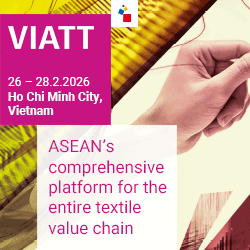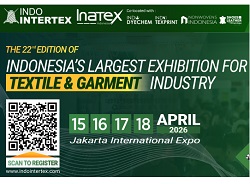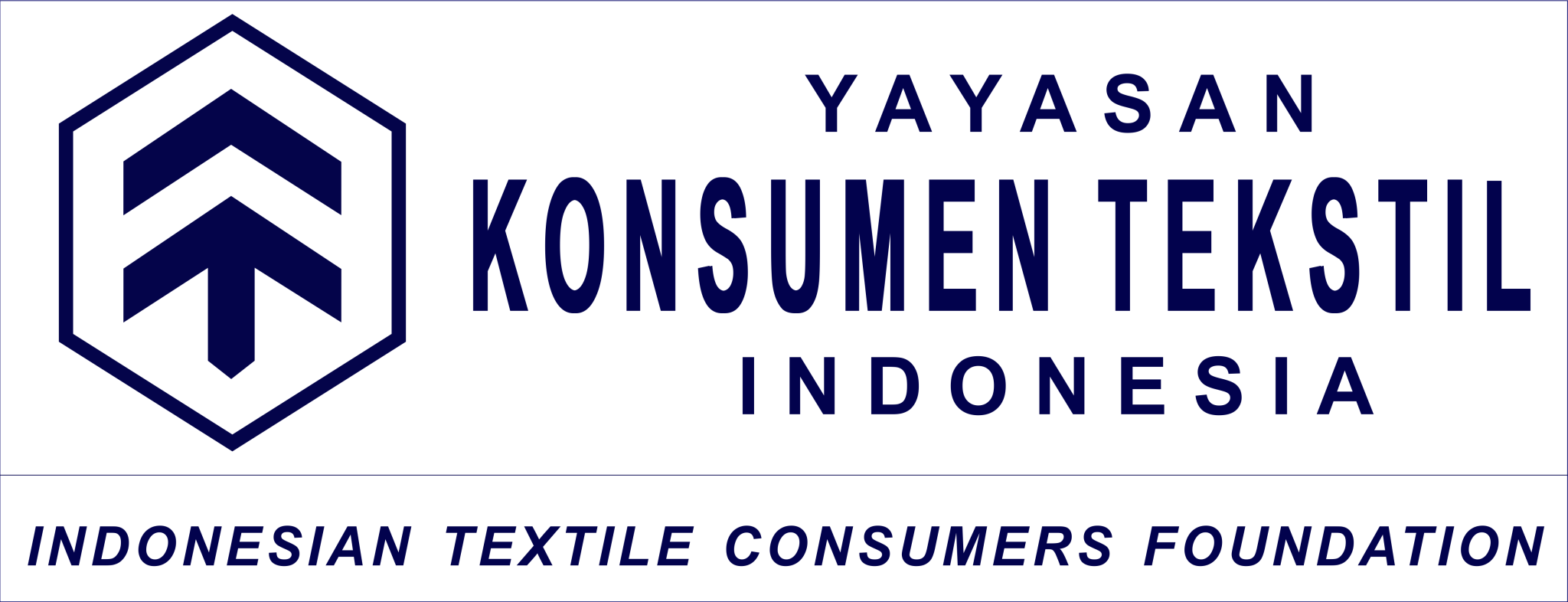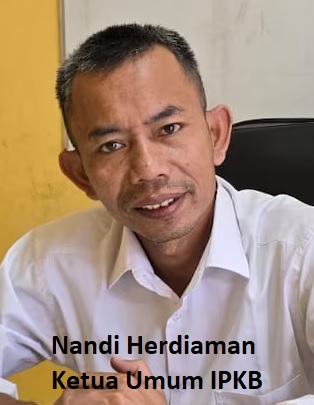The clothing industry is the second largest contributor to waste in the world. Millions of trees are cut every year to produce textiles and tens of tons of textiles end up as waste that accumulates in landfills. Of the many used clothes that become waste, only a quarter of them are recycled and donated. The pattern that is allowed to continue has contributed to carbon emissions in large quantities for this earth. Social company Setali is giving a new breath to used clothing at the “Old Goods Revival” exhibition which takes place at ASHTA District 8 which runs until June 26, 2022.
This exhibition showcases the production of recycled goods, education through upcycling workshops, live upcycling, verification services, and a series of infographics. There is also a choice of Setali collaboration products with several fashion, textile and furniture brands such as the furniture collection by Tejas using patchwork, as well as upcycle fashion creations in collaboration with Nonarara, Gaea Home and Arte Wear. Visitors can also distribute used clothes which will be absorbed by Setali and Pable as another form of collaboration.
Andien Aisyah, one of the founders of Setali, said that through this exhibition, Setali wanted to share knowledge about waste recycling and upcycle activities to visitors as a mission to give new life to used clothes.
"Setali gives new life to rejected or unsold used clothing and textile waste by turning them into inspiring creations," said Andien, Wednesday
He said that the terms slow fashion and upcycle are the main principles that Setali brings in producing each of his creations. Besides aiming to treat clothing waste, they also seek to improve the livelihoods of the people who help in the production and processing of clothing waste. Everyone can contribute by donating their used clothes which can then be replaced by other recycled goods.
"Every purchase of recycled products will be used to empower local craftsmen and the tailor community through training and various skill-building activities," said Andien.












